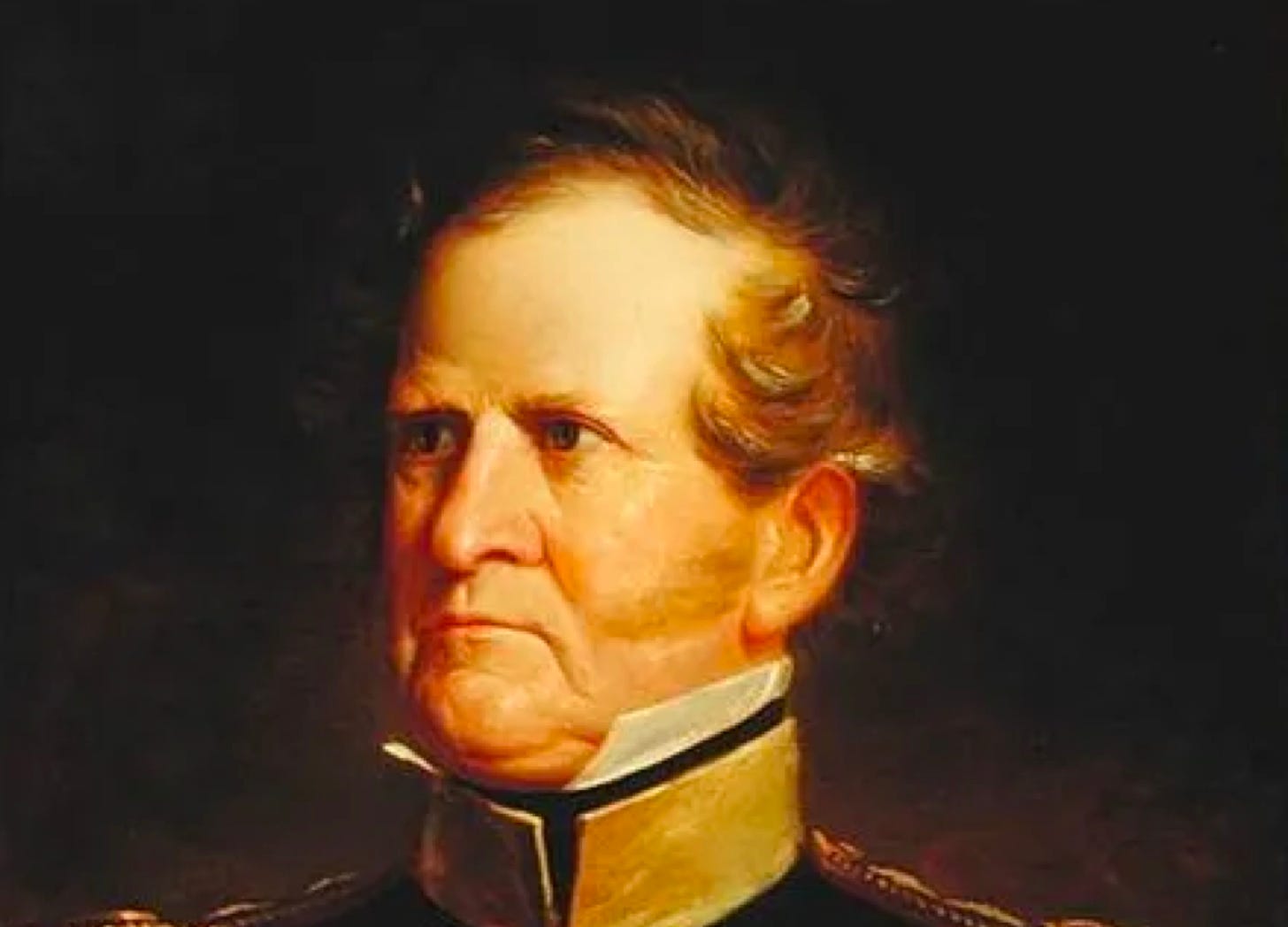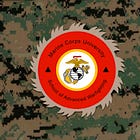A few days ago, a young officer of great promise asked me about the original curriculum of the School of Advanced Warfighting. In particular, he asked about books that might help him develop the “thirty-year perspective” at the heart of that course.
The first book that came to mind was The American Way of War. Emerging from the press in 1973, and thus shortly before the bicentennial of the United States, this book attempts to make sense of two full centuries of American history. To this end, it both divides those centuries into shorter periods, each of thirty or forty years. Thus, for example, the very first chapter of the book, “Waging War with Limited Resources: 1775-1815” looks at the forty-year period that begins with the start of the American War of Independence and ends with the end of the War of 1812.
In doing this, the author of The American Way of War, Russell Weigley resists the temptation to treat each period as an isolated era. Rather, he devotes much attention to the long shadows cast by the practices, personalities, and ideas. Thus, for example, he describes America’s second war against Germany as a product of the strategy developed by Ulysses S. Grant during the second half of the American Civil War and the war against Japan as a manifestation of the ideas of Alfred Thayer Mahan.
To complement the reading of The American Way of War, I recommend The German Army. Completed by Herbert Rosinski during the Second World War, this little book covers the development of Germany’s peculiar institution in the years between 1740 and 1940.1 To put things another, the events described in The German Army overlap considerably with those of The American Way of War.
Reading the two books together will, to a certain degree, replicate one of the definitive features of the old School of Advanced Warfighting. In the original curriculum, students would follow three weeks of seminar discussions on the issues of a given period of American military history with a self-directed research paper on contemporary events in a given European country. (Each student choose a particular European country, whether France, Great Britain, Germany, or Russia, to follow throughout the year.)
For Further Reading:
The German Army made its debut in Great Britain in 1939. However, as copies of that edition currently sell for the price of a hand-held drone, the version of the book that present-day readers are most likely to encounter is the one that Professor Rosinski prepared for his American publisher in the early 1940s.








